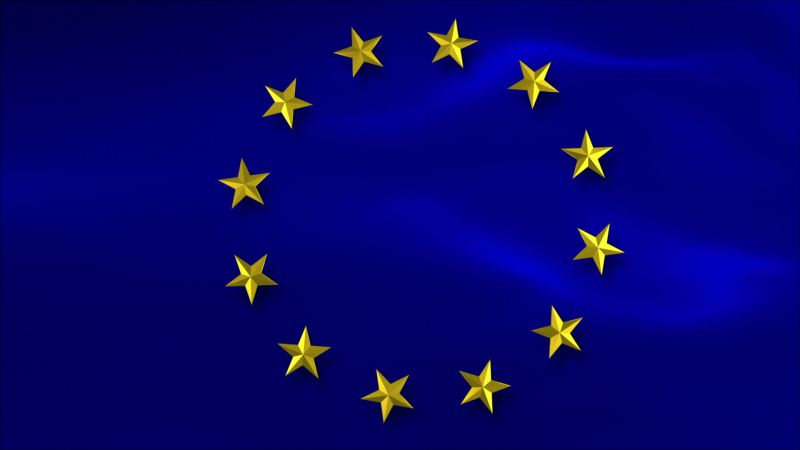- AI Moves Closer To Decoding Human Thoughts |
- UNESCO Calls Iran School Strike Grave Violation |
- Oil Jumps, Asian Stocks Slide On Gulf Tensions |
- Death toll from central Israel strike rises to 5 |
- DSE sinks 138 points on broad sell-off; CSE also tumbles |
Will EU Act Decisively & Raise its Anti-Corruption Standards

EU flag
The European Parliament and Council are expected to enter negotiations on the final version of the new Directive on combatting corruption later this year.
Recent years have been punctuated by a series of seismic scandals in the EU – from the Azerbaijani Laundromat, the Uber Files, to Qatargate – that show corruption remains a serious problem across the bloc.
Time and again, significant cases of misuse of both state and EU funds have come to light. In fact, it’s been estimated that the EU loses up to EUR 990 billion to corruption every year. Domestically, political corruption has undermined the rule of law and, in the most extreme cases, has even led to state capture.
Currently, member states are not tackling these issues coherently. Not only are their rules not comprehensive and strong enough to effectively prevent and criminalise corruption, but there's also inconsistency between member states when it comes to which corruption offences are criminalised and how they are enforced.
The EU has not been pulling its weight on the international stage when it comes to fighting cross-border corruption. EU companies that bribe officials in foreign markets rarely face punishment, and authorities are doing far too little to stop foreign corrupt officials and their cronies from brazenly laundering and investing their stolen assets in the EU.
It’s no surprise that people in the EU are concerned about corruption. According to our 2021 Global Corruption Barometer survey, almost half of EU residents think their government was doing a bad job at tackling corruption. What’s more, a mere 21 per cent of those surveyed believed that corrupt officials face appropriate penalties.
Thankfully, steps are being taken to fix this.
Last year, the European Commission proposed a dedicated directive on combatting corruption, seeking to harmonise anti-corruption legislation across all 27 EU member states and make it mandatory to criminalise offenses outlined in the United Nations Convention against Corruption (UNCAC) within EU law. It was a promising first step towards closing gaps in legal frameworks, increasing criminal sanctions, and expanding the tools and measures available to enforcement agencies in the investigation and prosecution of such crimes.
Further headway was recently made in February when the European Parliament adopted its own position. This goes even further than what the Commission initially set out last year and introduces several elements that we advocated for – including those that establish the rights of victims of corruption and civil society organisations who represent them in court.
The Parliament will enter into negotiations with the Council on the final version of the Directive later this year. It is critical that EU decision-makers take this opportunity to agree on strong measures that enable member states to more effectively counter corruption. – Transparency International

